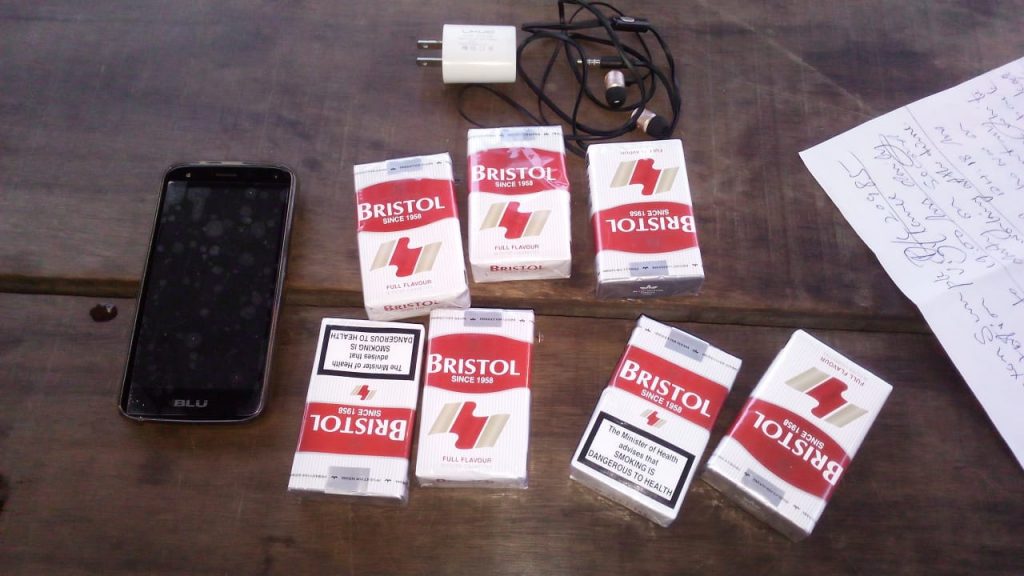

The teams also provide assistance to CDCR’s Division of Adult Parole Operations and the Office of Correctional Safety, as well as local law enforcement agencies by conducting searches of suspected drug houses during search warrant operations. The Teams typically perform random or targeted searches at their assigned institution, search operations with other CDCR Divisions or law enforcement agencies, or participate in narcotic/contraband detection training exercises. They report directly to the investigative services unit within the institution as well as provide mutual aid to other institutions. These teams consist of a very select group of handlers and K-9s who each had to complete rigorous training with the Department’s K-9 Academy. The K-9’s are trained to search out and detect contraband such as marijuana, cocaine, heroin, methamphetamine, tobacco and cell phones. cell phone interruption and detection technology (Managed Access System).ĭetails on these systems as well as results of recent efforts can be found below.ĬDCR utilizes specially trained K-9 teams (a K-9 officer and service dog) at every institution as part of its interdiction efforts.K-9 teams (cross trained to detect drugs, cellular phones, and smart devices), and.closing avenues of entry for contraband.ĬDCR has employed various drug and contraband detection and interdiction efforts, including the following:.providing substance use disorder treatment,.The detection and interdiction of contraband, including but not limited to controlled substances, weapons, and cell phones, into our state institutions is critical to disrupting the criminal enterprises that threaten the safety and security of the institutions and the public.ĬDCR strongly believes a multilayered approach is the most effective way to reduce contraband activity. CDCR oversees, manages, and is responsible for the safe and secure housing of incarcerated individuals within its institutions.


 0 kommentar(er)
0 kommentar(er)
